In another chilling assault on free speech in Britain, renowned journalist Allison Pearson has become the target of a controversy that showcased the dangerous encroachment of state power, blatant press intimidation, and the systematic dismantling of fundamental freedoms under the heavy hand of the Labour Party regime.
The saga began on November 11, 2024, when officers from the Essex Police arrived unannounced at the home of the award-winning journalist, who writes for The Telegraph. The officers informed Pearson she was under investigation for “incitement to racial hatred” over a tweet posted more than a year earlier in November 2023. Despite deleting the tweet upon realizing her error, Pearson is now the subject of a disproportionate and deeply concerning police investigation.
The “Gold Command” Overreach
As though addressing a national security crisis, Essex Police escalated their investigation into Pearson by convening a Gold Group—a high-level strategic task force typically reserved for terror threats and catastrophic incidents. The absurdity of deploying such resources to investigate a single tweet from a journalist has not been lost on observers. The case hinges on a now-archived tweet in which Pearson criticized the Metropolitan Police for posing with a group she mistakenly identified as pro-Palestinian demonstrators. The image in question was, in fact, taken at a political rally for supporters of Imran Khan’s Pakistan Tehreek-e-Insaaf (PTI) party in August 2023.

Realizing the error, Pearson promptly deleted the tweet. Yet Essex Police assessed the complaint—filed by an unnamed member of the public, who was neither mentioned in nor impacted by the tweet—twice before deciding to launch an investigation under Section 17 of the Public Order Act, 1986. This section pertains to materials that “intend to cause racial hatred.” Senior legal experts have since affirmed that Pearson’s tweet does not come remotely close to meeting the threshold for prosecution.
Police Intimidation of Press and Journalists
Adding to the outrage, Essex Police also targeted Pearson’s employer, The Telegraph. The force reported the newspaper to the Independent Press Standards Organisation (IPSO) for alleged “false reporting,” a move critics have decried as an overt attempt to intimidate and muzzle the press. Such tactics are alarmingly reminiscent of authoritarian regimes that use state apparatus to silence dissent and erode journalistic independence.
Far from cowering under pressure, Pearson has stood her ground, calling out the disproportionate response and police harassment. On November 16, she summarized her ordeal in a defiant social media post, listing ten points that highlight the absurdity and danger of the situation. Her message concluded with a chilling admission: “Last night, I realized I no longer feel safe in my own country. A terrible moment.” Pearson’s sentiments underscore the broader implications of this case, which extends far beyond her personal plight.

Rallying Support for Freedom of Speech
The case has sparked widespread backlash, with high-profile figures such as former British Prime Minister Boris Johnson and Elon Musk voicing their support. Musk, known for his outspoken stance on censorship, declared, “This must stop.” The sentiment reflects growing concerns about the UK’s trajectory on free speech and the weaponization of hate speech laws against dissenting voices.
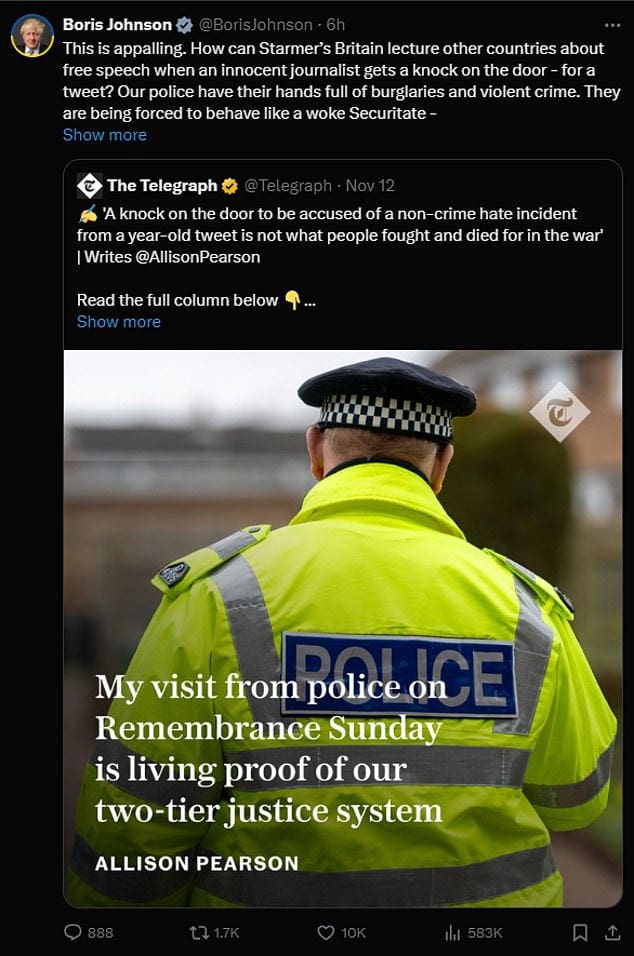
The incident also highlights the Labour Party’s increasingly authoritarian approach to governance. Critics argue that under the guise of combating hate speech, the party has emboldened police forces to crack down on individuals whose views deviate from the state-sanctioned narrative. Pearson herself has characterized the ordeal as “deeply sinister, frightening nonsense and wholly disproportionate police overreach.”
A Grave Moment for the UK
At its core, the Allison Pearson case is not just about a journalist, a tweet, or even a single police force. It is one of many landmark moments in recent months that highlight the precarious state of Britain’s democratic values and free expression. The disproportionate targeting of Pearson, coupled with the intimidation of her employer, signals more than just a troubling trend—it is a clear indication of a deliberate policy, an overarching framework designed to suppress dissent and stifle public discourse.
The UK, once a global beacon for press freedom and democratic ideals, now faces an identity crisis. As Pearson’s ordeal unfolds, the country must decide: Will it continue down this path of censorship and authoritarian tactics, or will it reclaim its commitment to the principles of liberty and free speech?
For now, Pearson’s resolve remains unshaken. Her battle is not just her own—it represents a larger fight for the principles that define a free society. In refusing to back down, she has become a symbol of defiance against an increasingly oppressive system that seeks to stifle dissenting voices.

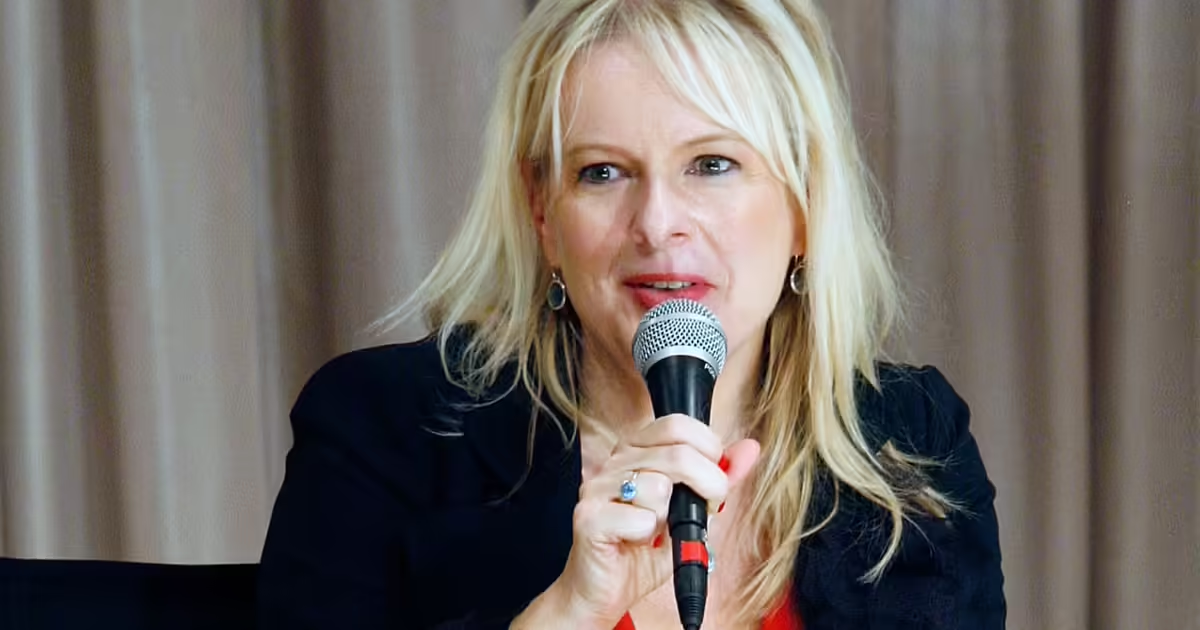
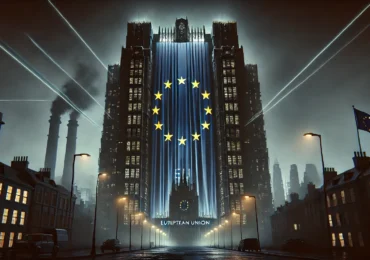

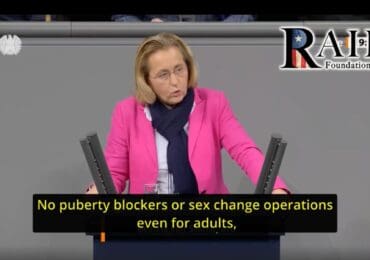




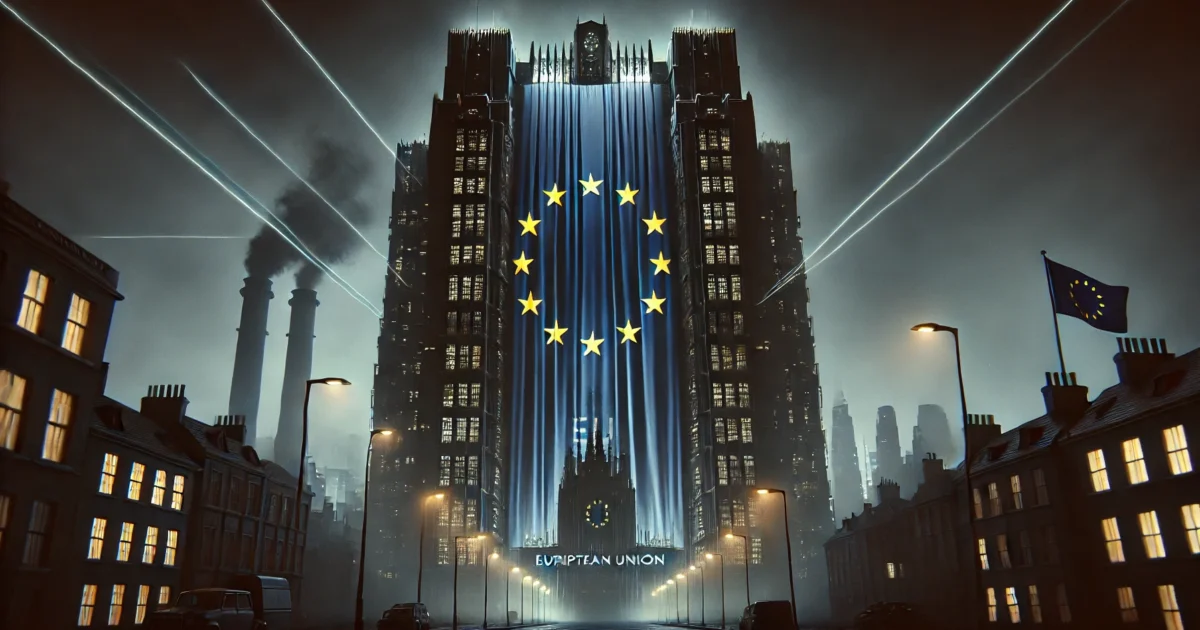
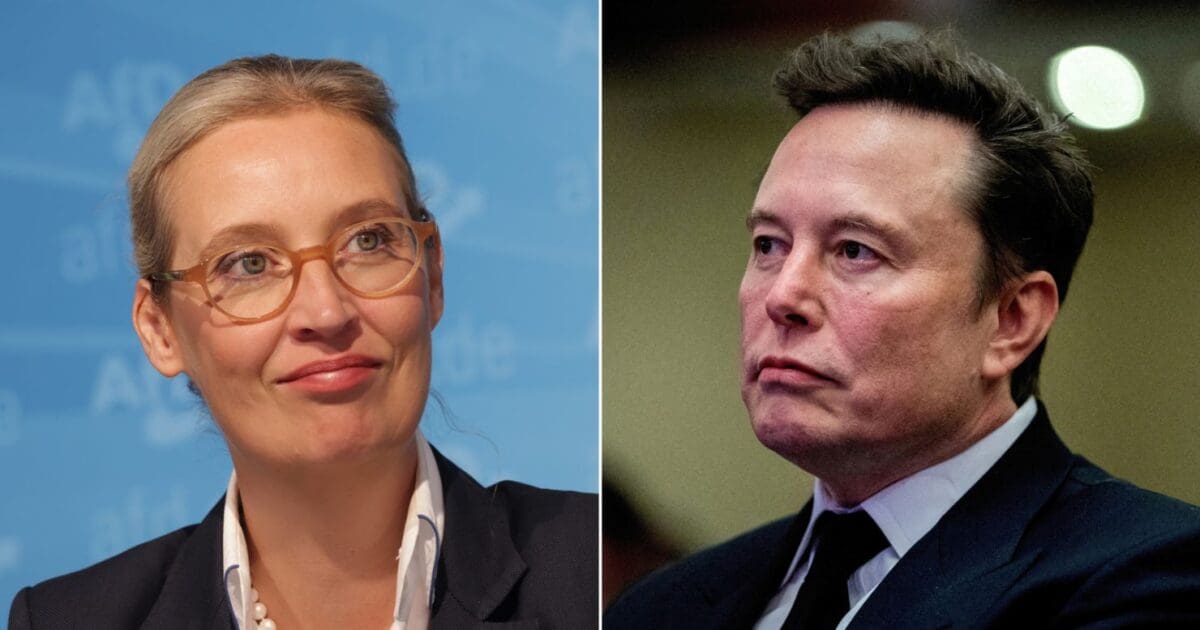
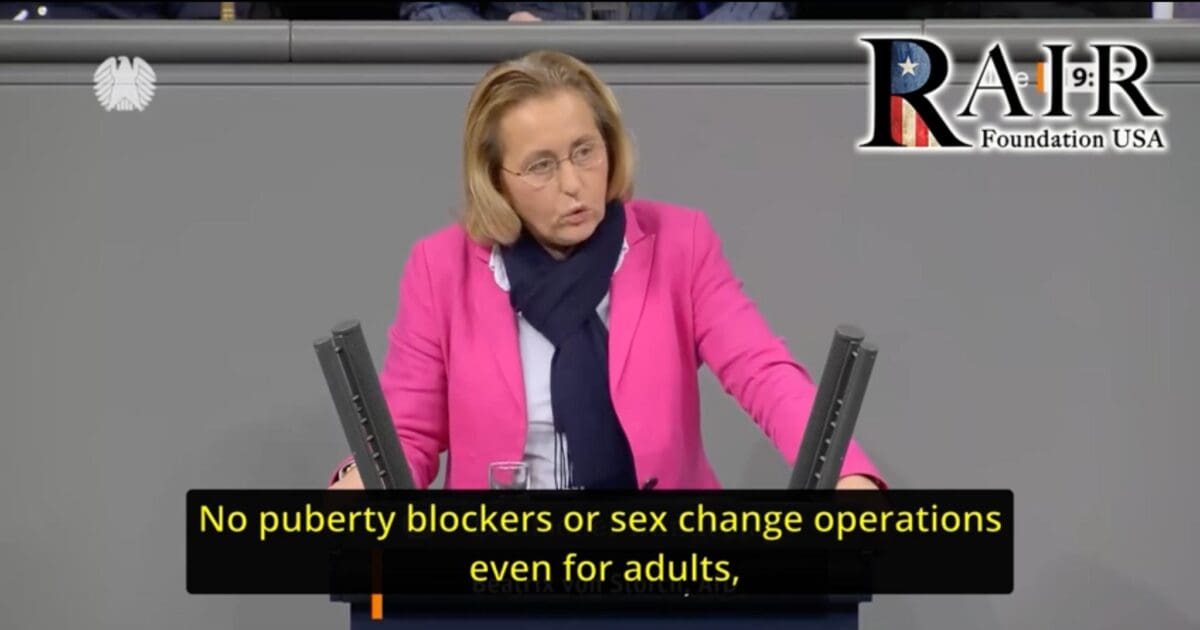


Police now pick on easy targets and little things like this to make it look like they are doing something. They SHOULD be out dealing with real criminals, rapists, thieves, fraudsters etc etc, what we are paying them well for. Come on now boys and girls in blue, prove you are good value for money.
After Trump evicts 15 million illegal migrants from the US, we will gladly accept pureblood English from Britain.
British politicians not welcome. They won’t change even when the Islamists are beheading the Royals.
So sad.